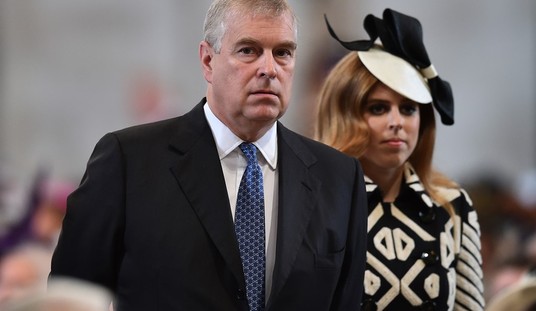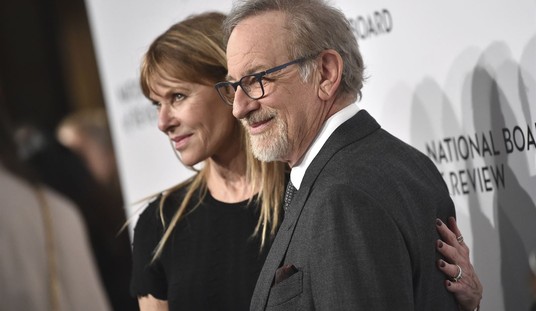Gallup detected this same trend in its own poll on capital punishment last October, but even they didn’t see support drop below 60 percent. Pew does. They’ve got it at 55 percent versus 38 percent opposed. That’s the first time the margin between support and opposition has been less than 20 points since the 1960s. Something’s going on, but what?
The magic-bullet explanation is that it’s a reaction to the steep decline in violent crime in America since the early 1990s. The safer people feel, the less urgent their impulse to punish society’s worst offenders severely. (Tangentially, that may also help explain why support for prison reform is growing within both parties.) But the crime rate can’t explain everything; to see why, read this post from last year flagging a pair of graphs from Gallup showing that trends in how safe people feel haven’t steadily declined over time. They’re down from where they were in the 90s, but they’re actually up from where they were a few years ago — and yet support for the death penalty continues to plummet. There must be more happening here. A clue from Pew in the last three numbers here:

Demographic change must be moving the needle on this issue just as it’s moving the needle on subjects like gay marriage. As the number of minority voters grows as a percentage of the total electorate, support for capital punishment softens. And it’s not just racial demographics that are driving it. Per a Pew poll from 2011, millennials as a group lean a bit further left on this subject than other age groups, just as they lean further left on so many other issues:

A different poll taken in January of this year found something similar happening among Christians specifically. When asked if the government should have the option to execute the worst criminals, 42 percent of Christian baby boomers said yes — but just 32 percent of Christians born between 1980 and 2000 agreed. Whether this is now a fixed star in millennials’ liberal-ish ideology or a simple reaction to the fact that they’ve grown up in a safer America, which could change if/when the crime rate does, is obviously unclear. That’s the evergreen question mark with this group ever since Obama was elected. How many screw-ups by the Democratic Party would it take for them to sour on (some) leftist positions? Or are they dyed-in-the-wool Democrats/left-wing independents for life, having assumed that identity in their formative years? Consider it a subset of the question of whether the U.S. really is irretrievably on a European track, as Europe’s managed to keep its taboo against capital punishment intact despite decades of political change.
One other interesting footnote to the Pew data: The numbers on capital punishment don’t wax and wane as a reaction to the president’s party affiliation. The rap on Democrats when I was a kid was that they were soft on crime, which would lead you to expect a rise in support for the death penalty whenever a Democrat lands in the White House. That’s not what’s happened. Support dropped throughout most of Clinton’s presidency, bounced up slightly after 9/11 before dropping some more during Bush’s terms, and then bounced up slightly after O was elected before continuing to drop. Which makes sense: According to Gallup’s poll last fall, it’s Democrats and independents who have shifted the most towards opposing capital punishment over the past 25 years. It’s a matter of principle, not a purely partisan thing.








Join the conversation as a VIP Member